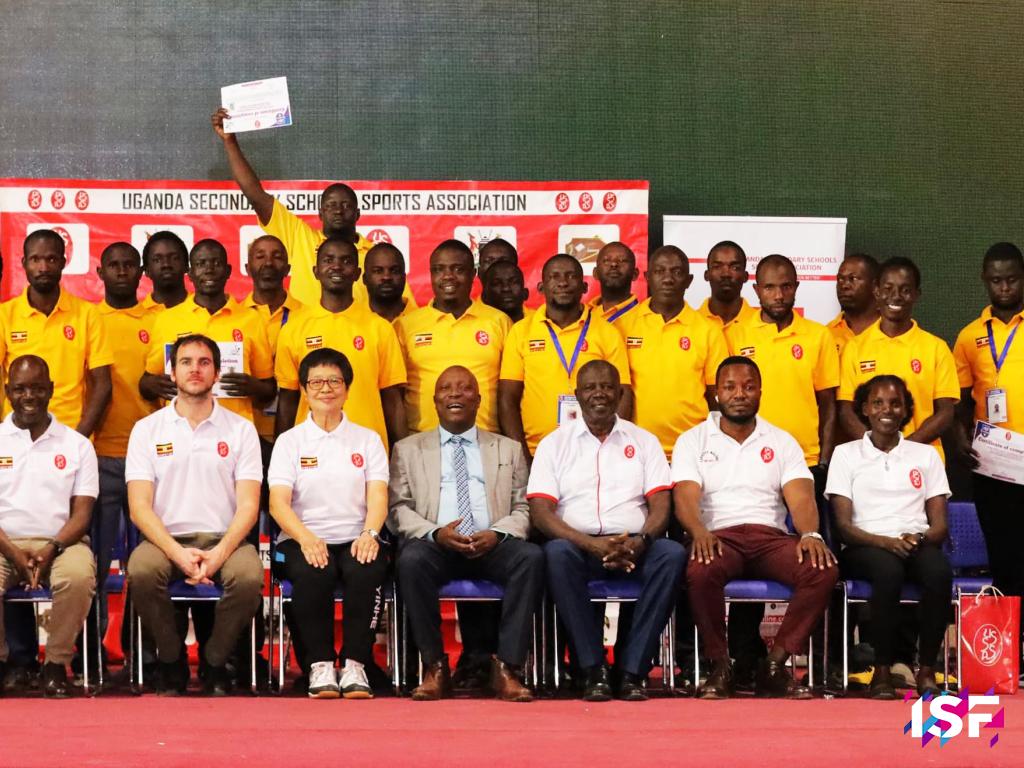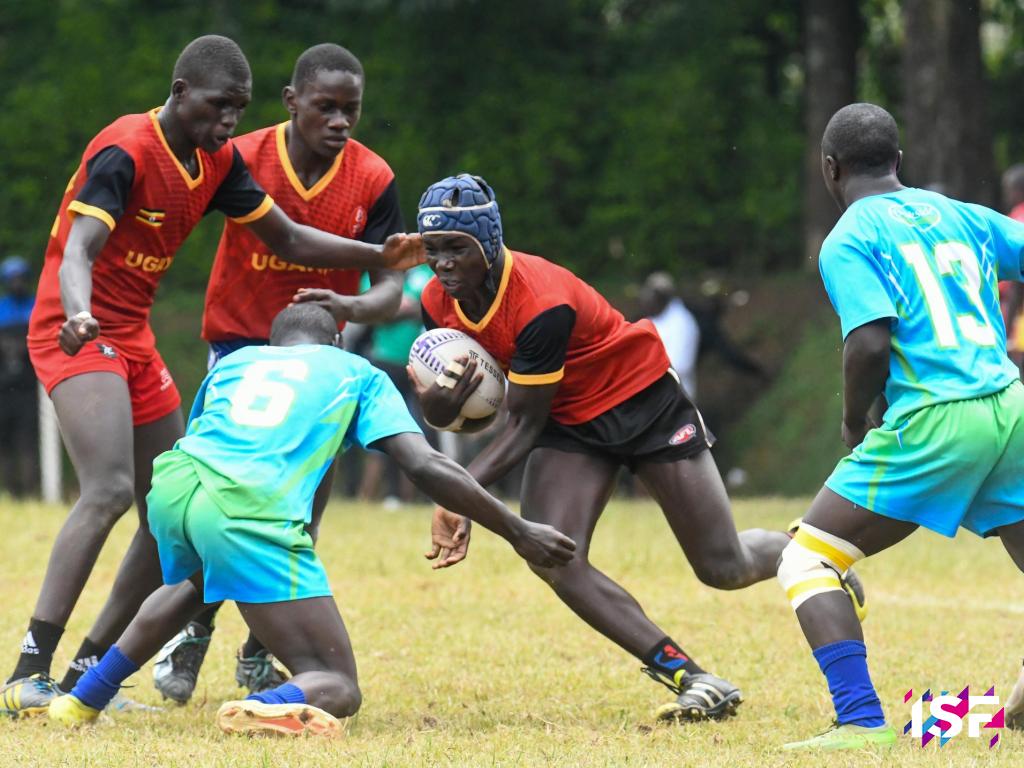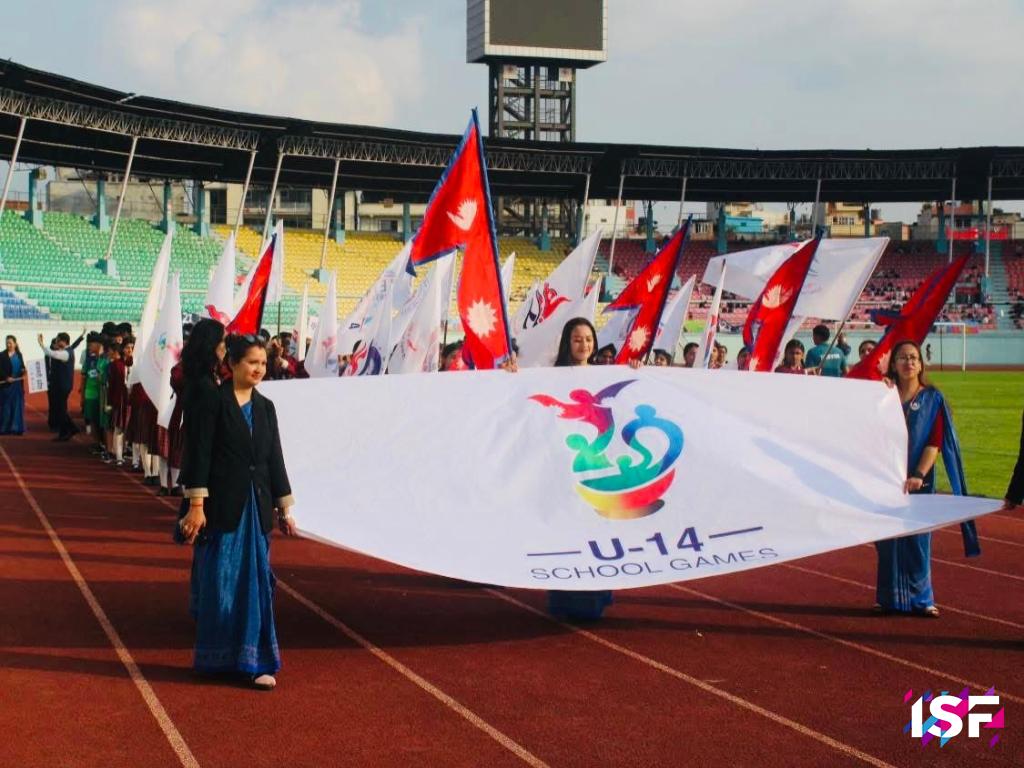Tribhuvan University of Nepal Integrates ISF into Master’s Curriculum in Sports Science
Sep, 1, Kathmandu, Nepal – The International School Sport Federation has been officially integrated into the Master’s in Sports Science curriculum of Tribhuvan University, the largest and most influential university in Nepal. This development marks an important recognition of ISF’s role as a leading international sports organisation and the only IOC-recognised body dedicated exclusively to school sport.
Within the new syllabus of the course Sports Policy, Environment and Sports Organizations, ISF is introduced in the section on international sports organisations, alongside the International Olympic Committee (IOC), the International University Sports Federation (FISU), and the Olympic Council of Asia (OCA).
On the national level, the Nepal School Sports Federation (NSSF), an active ISF member, has also been included in the curriculum as part of the structure of Nepal’s sports organisations. This dual recognition reflects the combined efforts of Dr. Prof. Ram Krishna Maharjan and Prof. Pashupati Adhikari, who worked to ensure that both NSSF and ISF are represented in the country’s advanced academic sports education.
Founded in 1959, Tribhuvan University is Nepal’s first and largest university, representing approximately 75% of the country’s higher education enrolment. Tribhuvan University's Faculty of Humanities and Social Sciences has launched Masters in Sports Science (MSS) program from the academic year 2018-2019. By introducing ISF into its academic syllabus, the university ensures that future sports professionals and researchers are familiar with ISF’s mission, governance, and its role in shaping global school sport.
For Nepal, this inclusion of ISF in higher education is a strategic step in cultivating a new generation of sports professionals with an international outlook. Understanding ISF’s place in the global sports ecosystem—alongside IOC and FISU—equips students with essential knowledge of how international organisations shape policy, drive development, and create educational opportunities through sport.
As ISF continues to expand its influence worldwide, its presence in Nepal’s leading university demonstrates both its global reach and its ability to inspire regional growth in school sport.









